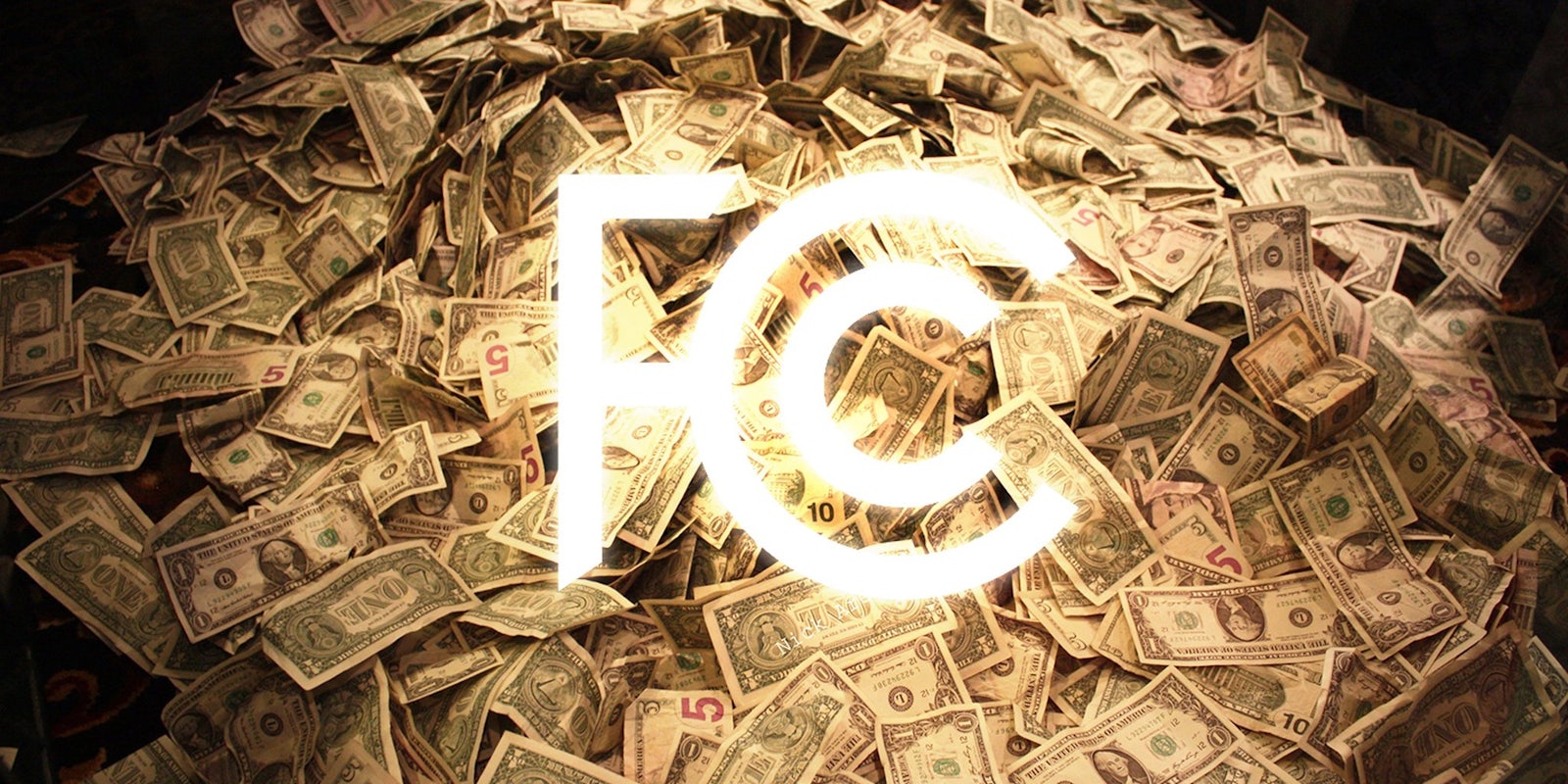The U.S. House of Representatives on Tuesday considered a bill that would prevent the FCC from regulating the prices that Internet service providers charge.
The Federal Communications Commission opened the door to so-called “rate regulation” when it adopted net neutrality rules for broadband Internet. In order to adopt the rules—including prohibitions on ISPs blocking, throttling, or charging extra for faster delivery of content—the commission had to reclassify broadband Internet in a way that made it eligible for rate regulation.
The FCC promised not to use this new power, saying in its 2015 Open Internet Order, “We expressly eschew the future use of prescriptive, industry-wide rate regulation.” But congressional Republicans want to make sure that the commission can’t change its mind.
At the start of Tuesday morning’s House Energy and Commerce Committee hearing on four bills, including the No Rate Regulation of Broadband Internet Access Act, Chairman Fred Upton (R-Mich.) said that the bill “simply does what President Obama and [FCC] Chairman [Tom] Wheeler cannot—it binds future chairmen to live by the commitments that this administration has made.”
“Rate regulation by after-the-fact second-guessing is rate regulation nonetheless.”
To regulate Internet prices using the new broadband classification, the FCC could, if it so chose, apply price-limiting tariffs or levy an “enforcement action” at an ISP calling its prices unreasonable.
In his opening remarks, Walden noted that the FCC had sworn off of tariffs but declined to preclude enforcement actions. Referring to such actions, Walden said, “Rate regulation by after-the-fact second-guessing is rate regulation nonetheless.”
Witnesses and lawmakers clashed over the need for a law prohibiting rate regulation.
Robert McDowell, a former Republican FCC commissioner, said that, while he hadn’t studied the effects of price restrictions on broadband investment, he was certain that such regulation would hurt the market.
“You’d see a slow decay … in the lightning-fast Internet space,” McDowell said. “Every analyst I talk to every week asks me about what the future potential of rate regulation is on broadband, and they’re very concerned about it.”
Rep. Anna Eshoo (D-Calif.), the top Democrat on the Subcommittee on Communications and Technology, said that, while she opposed rate regulation, she didn’t think the bill to prohibit it had been studied enough.
“The implications and/or unintended consequences of this legislation on the FCC’s role must be thoroughly assessed,” Eshoo said in her opening remarks.
Open-Internet groups mobilized ahead of the hearing to urge Congress to leave the FCC’s net neutrality authority alone.
“The sweeping and overbroad proposal under debate by the subcommittee today goes far beyond [simple rate regulation] and would prevent the FCC from taking action against any abuse that monopoly-minded broadband providers might dream up,” Matt Wood, Free Press Action Fund’s policy director, said in a statement. “It would hand ISPs an argument against any and every net neutrality rule they might conceivably dress up as a rate regulation.”
Harold Feld, senior vice president at Public Knowledge and the only committee witness opposed to the bill, said that it could prevent the FCC from policing fraudulent charges and new pricing structures, such as zero-rating, that might violate net neutrality.
“I am very concerned about that,” he said during the hearing. “There are 12,000 complaints at the FCC already about Comcast having inaccurate broadband data meters.” The new law, he said, might limit how the FCC could respond to such complaints.
“In the absence of any evidence of a real problem,” Feld said in a statement prior to the hearing, “why would Congress risk passing open-ended bills with such potentially disastrous unintended consequences?”
Photo via Nick Ares/Flickr (CC BY 2.0) | Remix by Max Fleishman


